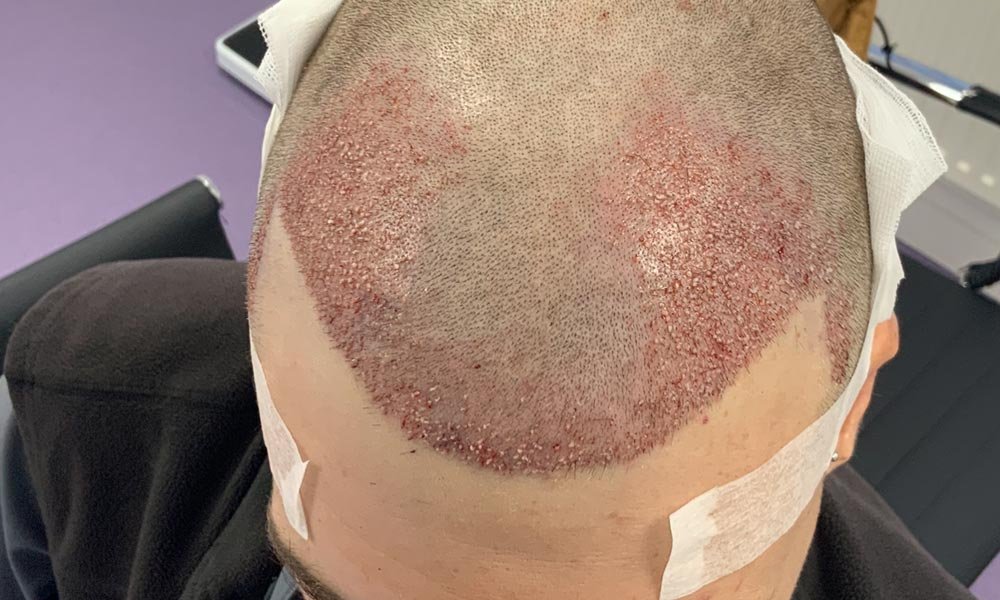In today’s fast-paced world, mental health is often overlooked despite being as vital as physical health. From stress and anxiety to depression and trauma, millions of people silently struggle every day. Mental health treatment offers a structured and supportive approach to help individuals regain emotional stability, manage their symptoms, and live fulfilling lives.
In this blog, we’ll explore what mental health treatment involves, its benefits, the different forms it can take, and how you can incorporate it into your daily life for long-term wellness.
What is Mental Health Treatment?
Mental health treatment refers to a range of services designed to diagnose, manage, and treat emotional, psychological, and behavioral issues. It can include therapy, counseling, medication, support groups, and self-help strategies. The treatment is often tailored to an individual’s unique condition, history, and personal goals.
Whether you’re experiencing mild stress or a serious mental illness, treatment is available to guide you toward a healthier state of mind.
Benefits of Mental Health Treatment
1. Improved Emotional Regulation
Treatment helps individuals understand and manage their emotions. Therapy can equip you with tools to respond to difficult feelings like anger, sadness, or anxiety more constructively.
2. Better Relationships
Healthy mental functioning improves communication and trust, helping you maintain stronger connections with family, friends, and colleagues.
3. Enhanced Quality of Life
Addressing mental health issues boosts confidence, productivity, and overall life satisfaction. You feel more in control and capable of facing life’s challenges.
4. Reduced Symptoms of Mental Illness
Conditions such as depression, bipolar disorder, PTSD, and anxiety can be managed effectively through therapy, medication, or a combination of both.
5. Prevention of Crisis
Early treatment reduces the risk of crisis situations such as self-harm, substance abuse, or suicidal ideation by providing a safety net and a structured recovery plan.
Types of Mental Health Treatments
1. Psychotherapy (Talk Therapy)
- Cognitive Behavioral Therapy (CBT): Focuses on changing negative thought patterns and behaviors.
- Dialectical Behavior Therapy (DBT): Helps with emotion regulation and interpersonal effectiveness.
- Psychodynamic Therapy: Explores unconscious patterns rooted in past experiences.
- Humanistic Therapy: Encourages self-discovery and growth.
2. Medication
Psychiatrists may prescribe medications to stabilize mood, manage anxiety, or treat psychotic symptoms. Common medications include:
- Antidepressants
- Anti-anxiety drugs
- Mood stabilizers
- Antipsychotics
3. Group Therapy
Bringing together individuals with similar challenges fosters mutual support and a sense of community, reducing feelings of isolation.
4. Inpatient or Residential Treatment
For severe cases, round-the-clock care in a structured environment can provide intensive support and monitoring.
5. Alternative Therapies
- Art and Music Therapy: Helps express emotions creatively.
- Mindfulness and Meditation: Reduces stress and improves focus.
- Yoga and Exercise: Enhances both mental and physical well-being.
6. Teletherapy
Online therapy platforms have made mental health treatment accessible to people from the comfort of their homes, especially in remote or underserved areas.
How to Implement Mental Health Treatment in Your Life
Even if you’re not struggling with a diagnosed condition, mental health support can benefit anyone. Here are some actionable steps:
1. Start With Self-Awareness
- Keep a journal to track emotions and thoughts.
- Practice mindfulness and meditation daily.
- Acknowledge when you’re feeling overwhelmed and take breaks when needed.
2. Seek Professional Help
- Consult a therapist or counselor for regular sessions.
- If needed, visit a psychiatrist for medication support.
- Don’t wait for a crisis to seek help—early intervention is key.
3. Create a Supportive Environment
- Talk openly about mental health with loved ones.
- Join support groups or online forums.
- Avoid toxic relationships and set healthy boundaries.
4. Practice Healthy Habits
- Eat a balanced diet and stay hydrated.
- Prioritize sleep—poor sleep has a direct impact on mental health.
- Stay physically active. Even a short walk daily can boost mood.
5. Manage Digital Overload
- Limit screen time and social media use.
- Take digital detox breaks to reduce stress and anxiety.
6. Know Your Triggers
- Identify situations, people, or habits that worsen your mental state.
- Work with a therapist to develop coping strategies.
When Should You Seek Mental Health Treatment?
You don’t have to wait for symptoms to become severe. Consider seeking help if you notice:
- Persistent sadness, hopelessness, or irritability
- Constant worry, fear, or panic attacks
- Difficulty sleeping or excessive fatigue
- Trouble concentrating or making decisions
- Withdrawal from social activities
- Changes in appetite or weight
- Substance abuse or self-harming thoughts
Strengthen Your Bond: How a Relationship Consultant Near You Can Transform Your Life
The Importance of Ending the Stigma
One of the biggest barriers to mental health treatment is social stigma. Many people avoid seeking help due to fear of judgment. It’s essential to recognize that mental health conditions are medical issues—not personal failures.
By normalizing therapy and open conversations about emotional health, we can create a culture that supports healing and growth.
Final Thoughts
Mental health treatment is not a luxury—it’s a necessity. Whether you’re dealing with anxiety, trauma, stress, or simply want to improve your emotional well-being, professional help is available and effective. It’s never too early or too late to begin your healing journey.
Remember, seeking help is a sign of strength—not weakness.














Leave a Reply